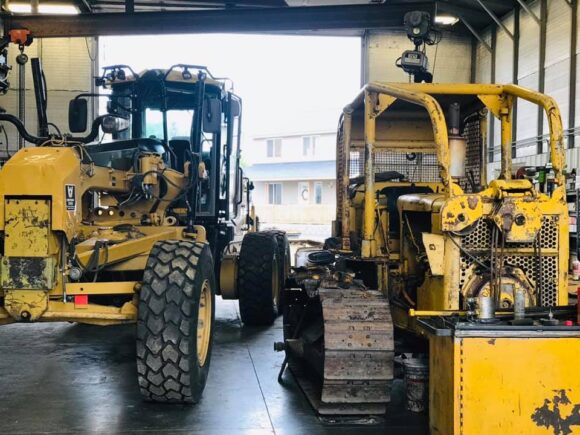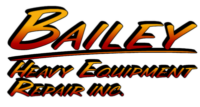Fixing Old Instead Of Buying New Equipment

In today’s fast-paced consumer culture, the idea of fixing old equipment instead of buying new may seem counterintuitive. After all, the allure of shiny, state-of-the-art machinery is hard to resist. However, there are instances when it makes more sense to upgrade your existing equipment rather than rushing to the store for a brand-new replacement. This blog aims to shed light on when it is practical and cost-effective to opt for repairs and upgrades instead of buying new, along with providing guidelines for assessing the lifespan and potential for upgrades.
1. Assessing the Lifespan of Equipment
Before determining whether to repair or upgrade your equipment, it is crucial to assess its lifespan. Equipment that is only a few years old and has been well-maintained may still have many productive years ahead. On the other hand, if your equipment is already nearing the end of its anticipated lifespan, it may be more prudent to purchase a new one rather than invest in costly repairs. Consider factors such as the original manufacturer’s warranty, hours of usage, and any known issues that might indicate a shorter lifespan.
2. Cost-Effectiveness of Repairs
One of the primary factors that drive the decision between repair and replacement is cost-effectiveness. Compare the cost of repairing your equipment to the expense of purchasing a new one. In some cases, repairs might be significantly cheaper, particularly for certain components or minor issues. If the repairs are within a reasonable percentage of the replacement cost, it may make financial sense to proceed with repairs rather than spending a substantial sum on a brand-new purchase.
3. Compatibility with Upgrades
Another consideration when deciding between repair and upgrading is the compatibility of your equipment with potential upgrades. Upgrades can enhance the efficiency, performance, or versatility of your existing machinery, making it more competitive and cost-effective in the long run. Research the availability and compatibility of upgrade components or software for your equipment. If viable upgrades are available and can extend the usefulness and capabilities of your equipment, it may be wise to invest in repairs and upgrades instead of opting for a complete replacement.
4. Rental or Temporary Solutions
Sometimes, the urgency of acquiring new equipment is not as essential as it might initially seem. In scenarios where a critical piece of machinery breaks down, consider whether alternative temporary solutions, such as renting similar equipment, might be more cost-effective than buying new right away. Rentals can often provide a practical stop-gap solution that allows businesses to continue operations while they assess the financial implications and consider long-term repair or replacement strategies.
5. Environmental Considerations
The environmental impact of replacing equipment is a critical factor that should not be overlooked. Manufacturing new equipment consumes considerable resources and generates greenhouse gas emissions. By opting to repair and upgrade rather than buying new, you contribute to the reduction of waste and promote sustainability. It is important to weigh the environmental costs and benefits of repairing and upgrading compared to the ecological toll of frequent replacements.
Summary
The decision to fix old equipment instead of buying new is not a one-size-fits-all answer. It requires careful consideration of various factors such as the equipment’s lifespan, cost-effectiveness of repairs, compatibility with upgrades, availability of rental solutions, and environmental impact. By following these guidelines, businesses and individuals can make informed decisions that maximize both their financial resources and their commitment to sustainable practices. Remember, sometimes the allure of new equipment may tempt us, but repairing what we have can be a practical and responsible choice.
Need Heavy Equipment Services in Lexington, OR?
Bailey Heavy Equipment Repair, Inc. is a family-owned and -operated heavy-duty equipment repair service based in Lexington, Oregon since 1984. We specialize in providing for all of your equipment repair needs, whether it’s farm equipment, utility equipment, trucks, cylinders, or something else entirely. We offer ANSI Inspections and Dielectric testing, field repair and on-site repair, line boring services, welding, machining, hose assemblies, steel sales, and other machine products. Give us a call today for more information!
